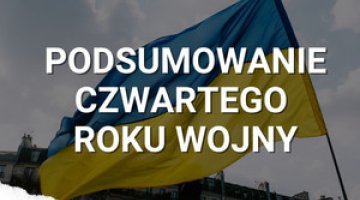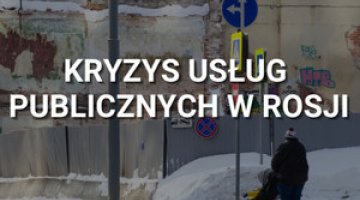Final verdict in the ‘Yukos case’: a triumph for former shareholders
On 17 October, the Supreme Court of the Kingdom of the Netherlands upheld the 2014 arbitration ruling in the ‘Yukos case’, definitively ordering the Russian Federation to pay compensation to the former shareholders of the now-defunct company. The amount due, including interest, exceeds $65 billion. In doing so, the Dutch court confirmed the decision – repeatedly appealed by Moscow – of the Permanent Court of Arbitration in The Hague, which had found the actions of the Russian authorities against Yukos, then Russia’s largest oil company, to be unlawful. Between 2003 and 2006, the Kremlin drove the company to bankruptcy by imposing multi-billion-dollar fines against it for alleged tax arrears. The case was politically motivated, concerning as it did the transfer of Yukos’s assets to the state-owned company Rosneft and the punishment of its principal shareholder, Mikhail Khodorkovsky, for his political activities and criticism of Vladimir Putin’s policies, which led to his conviction and ten-year imprisonment.
The ruling of the Dutch Supreme Court definitively settles the legal dispute in favour of the former Yukos shareholders, closing off the Kremlin’s avenue for further appeals. Owing to the nature of the verdict, the repayment order was issued by the Permanent Court of Arbitration, whose decisions remain valid beyond the borders of the Netherlands. It is also significant that the ruling is recognised by the jurisdictions of other countries, including France and Belgium. The Yukos shareholders, grouped under the financial holding GML Limited, are therefore likely to intensify their efforts to obtain the awarded compensation. However, the prospects of recovering the full amount are slim, primarily due to the sheer size of the sum and the fact that Russia continues to obstruct attempts to seize its foreign assets.
Commentary
- The decision of the Dutch Supreme Court will have a positive impact on the enforcement proceedings already initiated in favour of former Yukos shareholders. In several countries, including Belgium and France, GML Limited is seeking the freezing and seizure of Russian-owned assets in order to recover the awarded funds. The former shareholders have already achieved two tangible successes: in 2024, trademarks (including those of Russian alcoholic beverages) owned by the Kremlin-linked company FKP Soyuzplodoimport were sold in the Netherlands for €1.6 million, and in the United Kingdom, a court ruling led to the seizure of a plot of land in London belonging to the Russian state. It is worth noting that the Kremlin had previously successfully managed to block similar rulings. Following an intervention by the Russian authorities, in 2017 a Belgian court annulled an earlier decision to seize Russian real estate and bank accounts at the request of one of the former Yukos shareholders.
- The verdict of the Dutch Supreme Court represents the symbolic triumph of the former shareholders over the Russian state. By ruling in favour of the plaintiffs in the final instance, the court has brought to an end a long-running legal battle that unfolded across multiple jurisdictions, both national and international. The verdict was welcomed by Mikhail Khodorkovsky and Leonid Nevzlin, the latter of whom remains a party to the dispute, as he holds a controlling stake in GML Limited, the company representing the former shareholders.
- The decision in the ‘Yukos case’ does not have a direct impact on the fate of the Russian assets frozen in G7 countries in 2022. Although, in legal terms, GML Limited may seek to claim Russian state property as part of its efforts to recover the awarded compensation, this is impeded by the fact that the freezing of the Russian reserves belonging to the Central Bank of Russia was a political rather than a judicial decision. Consequently, these assets must be treated differently. Moreover, the property of central banks enjoys special legal protection, which makes any enforcement action against these assets particularly difficult.





